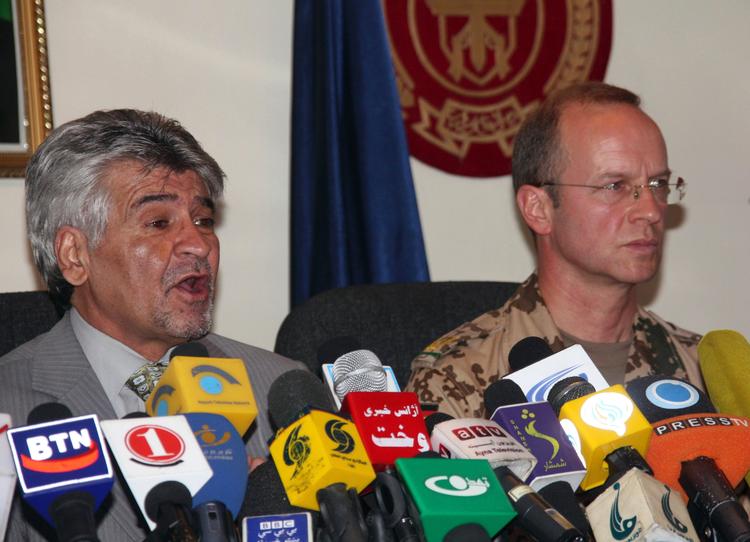Journalists are known for defending their First Amendment right to freedom of speech because, quite simply, it gives them more opportunity to speak their minds. More than this, the United States and its citizens have been known for valuing freedom of speech. As recently as 2006, the Supreme Court has had to address whether or not burning the American flag could be deemed an expression of free speech.
Therein lies cause for concern. When freedom of speech was made part of the U.S. Constitution, the intent was to prevent Congress from having power beyond what it was originally granted. Somewhere along the way, Americans interpreted freedom of speech as free reign to speak their minds, no matter how they choose to do so.
This misinterpretation has manifested itself on a larger scale in the form of WikiLeaks, a database designed to release, or “leak,” documents that have not been printed or made public by major news sources in an attempt to add credibility to important news stories. According to wikileaks.org, the database is based on “the integrity of our common historical record and the rights of all peoples to create new history.” Such a statement is admirable. After all, who doesn’t want to help make history? However, as is often the case, there is much more to the story of WikiLeaks.
According to an Aug. 13 report by British newspaper the Guardian, WikiLeaks released thousands of logs from the war in Afghanistan. Many of these logs were deemed potentially dangerous by Reporters Without Borders, an international coalition of journalists that seeks freedom of the press and fights media censorship.
According to the report, WikiLeaks shared the war logs with the Guardian, The New York Times and German magazine Der Spiegel. Representatives from Reporters Without Borders said WikiLeaks released war documents that specified the names of hundreds of officials who had collaborated with the United States in security efforts. The representatives argued that releasing these names put the officials at risk of attack and also put the U.S. at risk of once again becoming a target of terrorist attacks.
“Revealing the identity of hundreds of people who collaborated with the coalition in Afghanistan is highly dangerous,” Reporters Without Borders wrote. “It would not be hard for the Taliban and other armed groups to use these documents to draw up a list of people for targeting in deadly revenge attacks.”
WikiLeaks was wrong in this situation, but that’s not to say it hasn’t done good in other situations. The database is a true friend for journalists that, in theory, exemplifies the idea of free speech. But the officials from Reporters Without Borders are correct in saying that releasing the war logs put the United States at risk of another attack. WikiLeaks has done and will do much more good than bad, but better judgment must be utilized when it comes to war. It’s safe to say our forefathers would have approved of WikiLeaks as a whole too. Benjamin Franklin once said, “Without Freedom of Thought, there can be no such thing as Wisdom; and no such thing as public Liberty, without Freedom of Speech.” WikiLeaks made a serious mistake by specifying the names of hundreds of officials involved in the war, but every great organization must fail to succeed, and WikiLeaks will succeed as long as the First Amendment lives.
Wyatt Kanyer is a junior news-editorial journalism major from Yakima, Wash.

